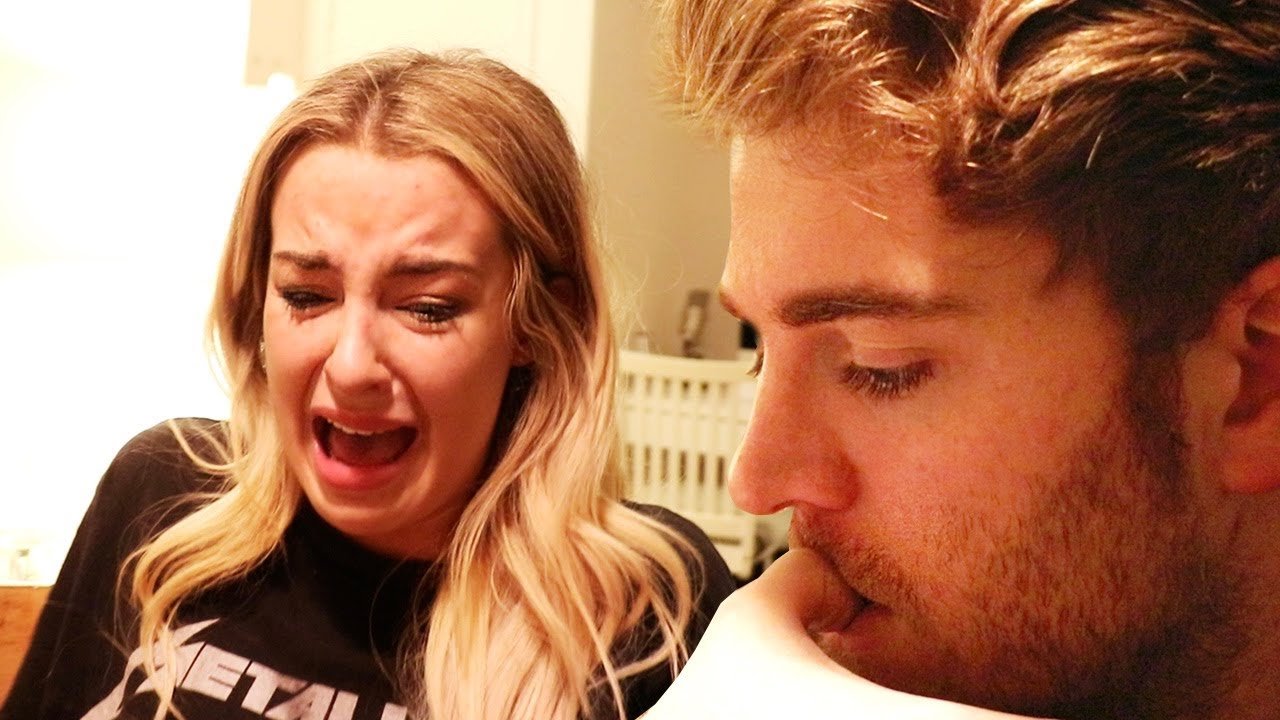The Untouchable Influencers Who Defy Cancel Culture
Cancel culture has claimed the careers of countless influencers. Many social media stars will seemingly vanish from the limelight after being canceled, only to resurface years later in a “tell-all documentary” that has its five seconds in the press. This is the case for most influencers who are navigating the social media space, which is as fresh and new as ever. However, for a select few, cancel culture is a necessary stepping stone to social media stardom. These are the influencers who, time and time again, will rip and claw their way back to the throne after getting canceled – and we’re going to figure out the precise recipe they use to do it.
In conducting extensive research for this article (watching YouTube videos for hours on end), I found that certain influencers carry a host of scandals under their belt and yet still manage to be loved by millions. Notable examples include the online personas Trisha Paytas, Jeffree Star, and Tana Mongeau.
Trisha Paytas and Jeffree Star began their careers on YouTube around the same time in 2007 and 2008. Paytas’ content consisted of practically everything, from fast-talking monologues to love letters to Quentin Tarantino; the world fell in love with her eccentricities and quirks. She managed to garner an impressive five million subscribers on YouTube, and more recently, eight million followers on TikTok – which makes it even more surprising that there is a laundry list detailing all her controversies.
A similar narrative can be seen for veteran internet personality, Jeffree Star, who has been around for more than a decade, collecting more than 15 million subscribers on YouTube—to put this into perspective, that’s more than the entire population of Tokyo. Remarkably, his scandals have often given him more time in the spotlight than some of his positive actions.
Then there’s Tana Mongeau, who arrived later on the scene and drew inspiration from influencers like Paytas and Star. She followed in the same footsteps as her predecessors, experiencing huge levels of success followed by a controversy that propelled her even more into stardom.
The common thread among these stars? A string of scandals that caused the internet to turn against them for a brief moment. Trisha Paytas was seen wearing blackface and displaying cultural insensitivity. Both Jeffree Star and Tana Mongeau were caught saying racial slurs, and all three influencers found themselves entangled in huge dramas. At this moment, Mongeau has three apology videos up on her YouTube page, including an apology video for her previous apology videos (ironic, isn't it?) So, the question remains: How were they able to reinvent themselves in the face of cancellation and successfully bounce back?
The perfect example of a successful comeback after facing the wrath of cancel culture is Tana Mongeau in the aftermath of her infamous “TanaCon” scandal. TanaCon was an event organized and hosted by Mongeau as an alternative to the influencer event VidCon. However, it quickly turned on its head when thousands of teenagers experienced dehydration, sunburns, and frustration from hours of waiting outside the venue. The entire event was unorganized and utter chaos, largely because it was hosted by an inexperienced twenty-year-old YouTuber. This sent an avalanche of backlash towards the social media star, to which she responded with one of the most effective public relations strategies.
After the scandal ensued, Shane Dawson, one of the platform's biggest YouTubers at the time, produced a three-part docuseries titled The Truth About TanaCon. The series explored behind-the-scenes events and interviews with Mongeau while injecting a layer of humor and entertainment. These videos collectively garnered a total of 62 million views across three episodes.
During this time, Mongeau was still getting mixed reviews from the public, but she was also gaining millions of subscribers by the minute, growing her fanbase and becoming even more relevant. TanaCon is now something that Mongeau looks back at with a sense of self-deprecating humor, and fans seem to have moved past these issues, as they were overshadowed by entertainment.
Another technique adopted by all three YouTubers after getting canceled is jumping onto new platforms. Each of them has cultivated a huge TikTok following, where they keep up with current trends while gaining support from both loyal and new fans, some of whom might not have a clue about their problematic past. For instance, Tana Mongeau now hosts a highly successful podcast, ironically called Cancelled. Trisha Paytas, on the other hand, has introduced her daughter, Malibu Barbie, to her content, which fans seem to love. Jeffree Star has resurrected his “iconic” makeup reviews to TikTok, attracting millions of views from fans who want to hear from someone they once trusted so much.
In a world where cancellation is like the social media guillotine, those who have escaped the axe are among the elites. The new wave of canceled stars have a lot to learn from these social media survivors.
Strike Out,
Writer: Isabella Santiago
Editor: Cristina Angee
Tallahassee





